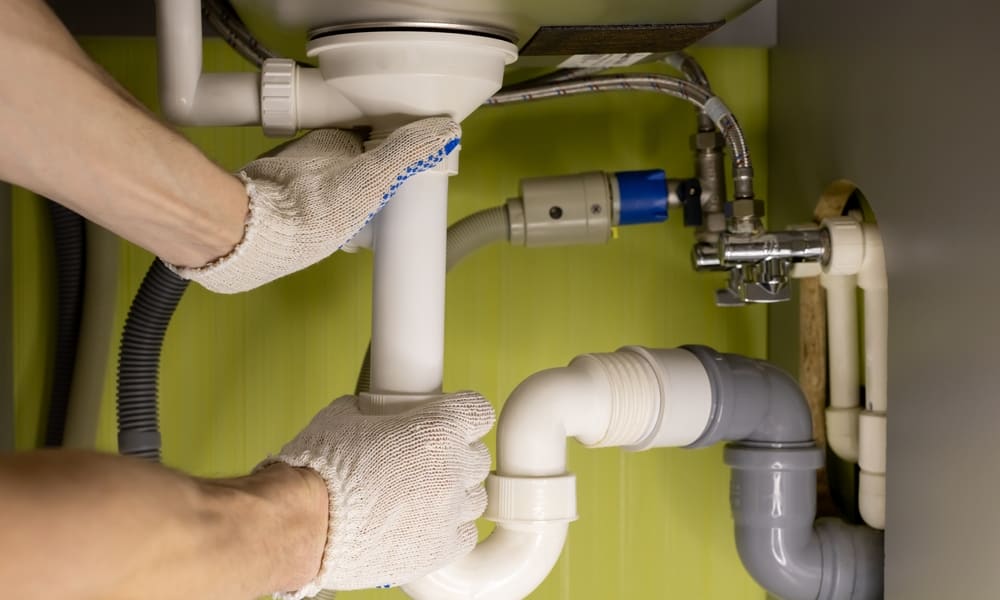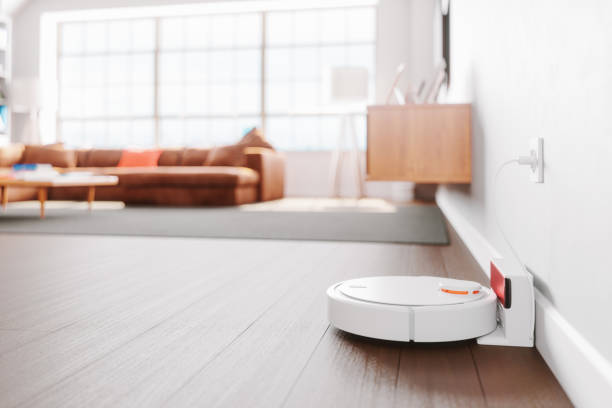Preventative Plumbing Maintenance: Keep Your Home’s Pipes in Top Shape
Regular plumbing maintenance can save homeowners time, money, and stress by preventing leaks, clogs, and water damage before they become serious problems. From seasonal inspections to simple upkeep tips, learn how to keep your pipes, fixtures, and water systems functioning efficiently all year long.

Essential Plumbing Maintenance Tips for Every Homeowner
Maintaining your plumbing system doesn’t require professional expertise for every task. Simple monthly checks can make a significant difference in preventing major issues. Start by examining all visible pipes for signs of corrosion, leaks, or damage. Check under sinks, around water heaters, and in basements or crawl spaces where pipes are exposed. Look for water stains, rust, or mineral deposits that might indicate slow leaks.
Regular drain maintenance is equally important. Avoid pouring grease, coffee grounds, or food scraps down kitchen sinks, and use drain covers to catch hair and debris in bathroom drains. Monthly flushing with hot water can help prevent buildup, whilst occasional use of enzyme-based cleaners can break down organic matter without damaging your pipes.
Water pressure monitoring is another crucial aspect of maintenance. If you notice sudden changes in water pressure, this could indicate blockages, leaks, or issues with your main water supply. Installing pressure gauges on key fixtures can help you track these changes over time.
How to Prevent Plumbing Problems Before They Start
Prevention is always more cost-effective than repair, and several proactive measures can significantly reduce your risk of plumbing emergencies. Temperature control plays a vital role, particularly during winter months. Insulating exposed pipes in unheated areas prevents freezing, which can cause pipes to burst and create extensive water damage.
Regular water heater maintenance is essential for both efficiency and longevity. Flushing your water heater annually removes sediment buildup that can reduce efficiency and cause premature failure. Checking the temperature and pressure relief valve ensures it’s functioning correctly, preventing potentially dangerous pressure buildup.
Installing water leak detectors near major appliances like washing machines, dishwashers, and water heaters provides early warning of potential problems. These devices can alert you to moisture before it becomes a major leak, potentially saving thousands in water damage repairs.
Comprehensive Home Plumbing Inspection Guidelines
A thorough plumbing inspection should be conducted at least twice yearly, ideally in spring and autumn. Begin with your water meter – turn off all water sources in your home and check if the meter continues running, which would indicate a hidden leak somewhere in your system.
Inspect all fixtures for proper operation. Check taps for drips, ensure toilets flush properly without running continuously, and verify that shower heads provide adequate pressure. Examine caulking around baths, showers, and sinks, replacing any that’s cracked or missing to prevent water damage.
Don’t forget about your main sewer line. Tree roots are a common cause of blockages, particularly in older properties. If you notice multiple drains backing up simultaneously or detect sewage odours, this might indicate a main line issue requiring professional attention.
Professional Leak Prevention Services Worth Considering
While many maintenance tasks can be handled by homeowners, professional leak prevention services offer expertise and equipment that can identify problems before they become visible. Professional plumbers use specialised cameras to inspect pipes internally, detecting corrosion, blockages, or structural issues that aren’t apparent from external examination.
Thermal imaging technology can locate hidden leaks behind walls or under floors without requiring destructive investigation. This technology is particularly valuable in older homes where pipe locations might not be well documented.
Professional services also include pressure testing your entire system to ensure it can handle normal operating pressures without developing leaks. They can also assess your water quality and recommend filtration systems if mineral content or acidity levels might be damaging your pipes over time.
Creating an Effective Seasonal Plumbing Checklist
Different seasons present unique challenges for your plumbing system, making seasonal maintenance essential. Spring maintenance should focus on checking for winter damage, including examining pipes that might have frozen, testing outdoor taps that were shut off during winter, and ensuring proper drainage around your property’s foundation.
Summer preparation involves checking irrigation systems, ensuring adequate water pressure for increased usage, and verifying that your water heater settings are appropriate for warmer weather when less hot water heating is required.
Autumn is the time for winterisation preparations. This includes insulating pipes in vulnerable areas, servicing your water heater before peak usage season, and clearing gutters and downspouts to prevent ice backup that could affect your plumbing system.
Winter maintenance focuses on prevention and monitoring. Keep interior temperatures consistent, allow taps to drip slightly during extremely cold weather, and know the location of your main water shut-off valve in case of emergency.
Professional Maintenance Services and Associated Costs
Understanding the investment required for professional plumbing maintenance helps homeowners budget appropriately for proper care. Annual maintenance contracts typically range from £150 to £400, depending on the size of your property and services included.
| Service Type | Typical Provider | Cost Estimation |
|---|---|---|
| Annual Maintenance Contract | British Gas, HomeServe | £180 - £350 |
| CCTV Drain Survey | Dyno-Rod, Metro Rod | £120 - £250 |
| Boiler Service & Inspection | Vaillant, Worcester Bosch | £80 - £150 |
| Emergency Callout | Local certified plumbers | £75 - £200 |
| Full System Inspection | Independent plumbers | £100 - £200 |
Prices, rates, or cost estimates mentioned in this article are based on the latest available information but may change over time. Independent research is advised before making financial decisions.
Maintaining Your Investment
Preventative plumbing maintenance represents a small investment compared to the potential costs of major repairs or water damage restoration. By following a systematic approach to inspection and maintenance, homeowners can ensure their plumbing systems operate efficiently for decades. Regular attention to your pipes, fixtures, and water systems not only prevents emergencies but also contributes to water conservation and energy efficiency, making it both environmentally responsible and financially prudent.




